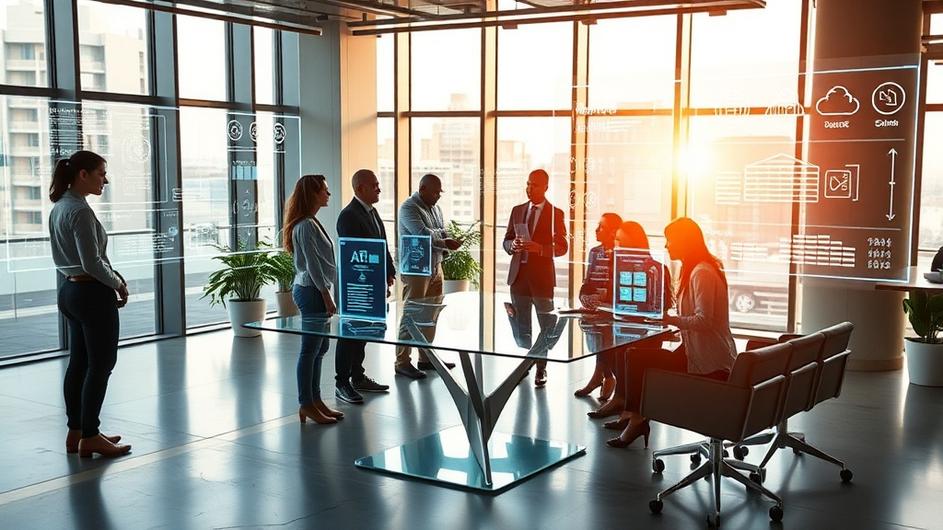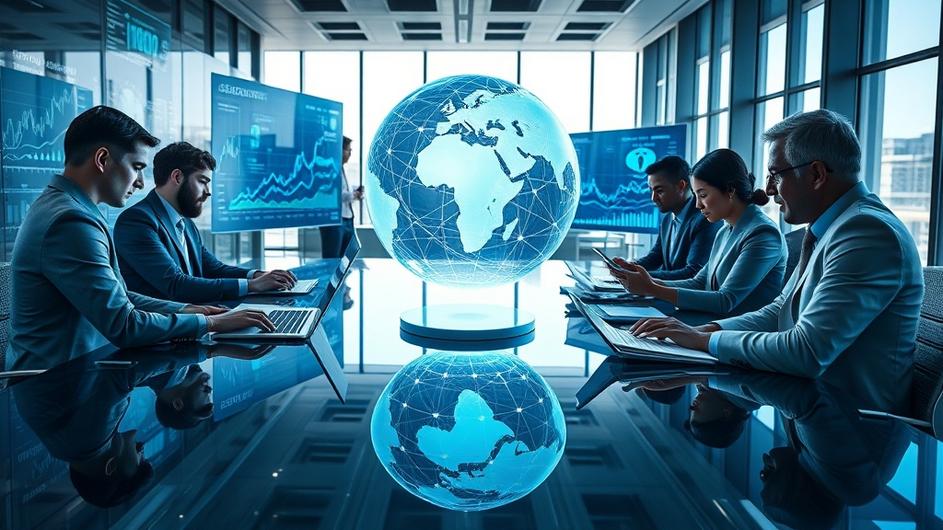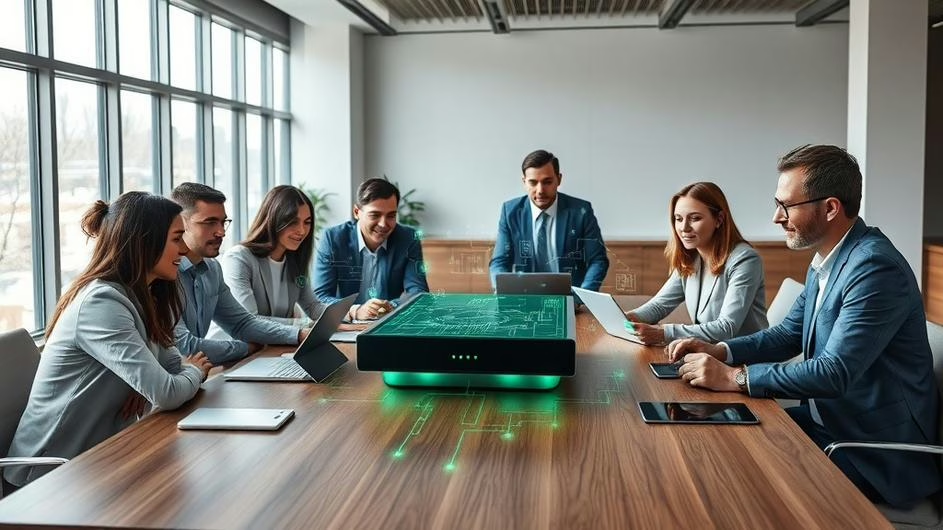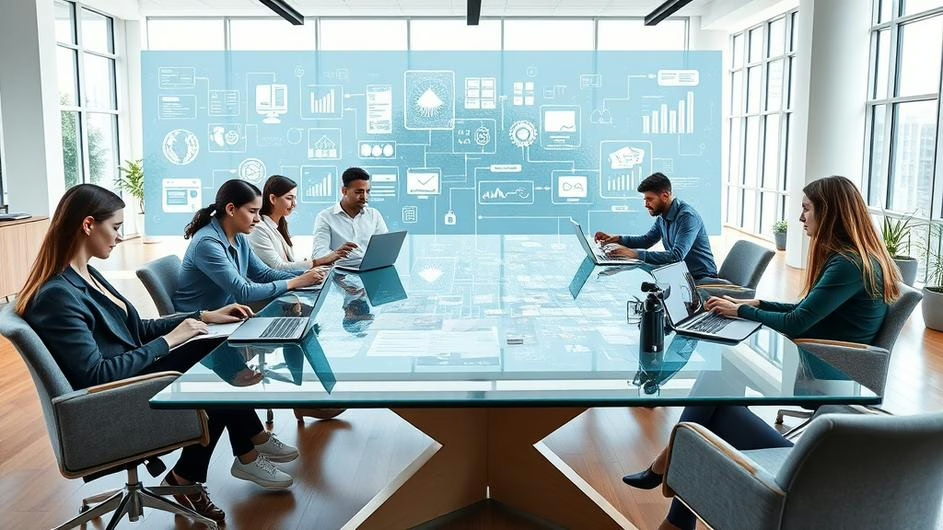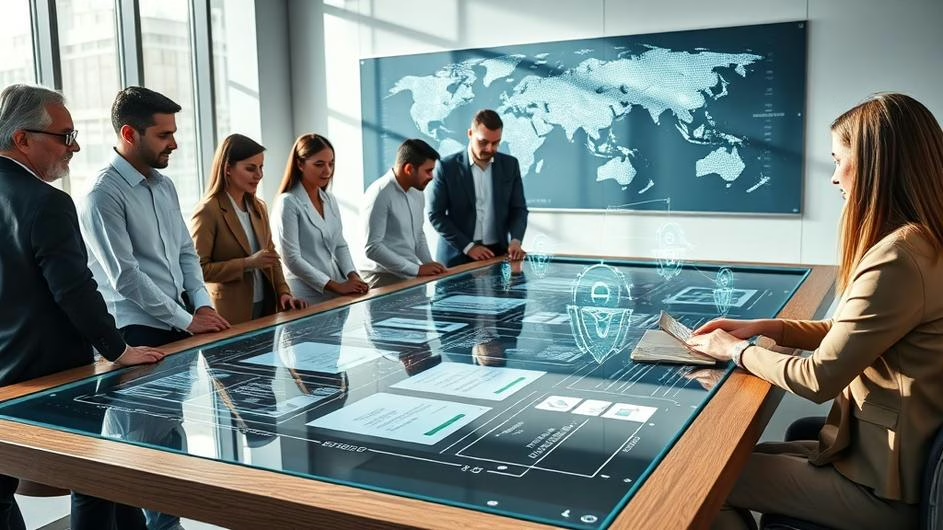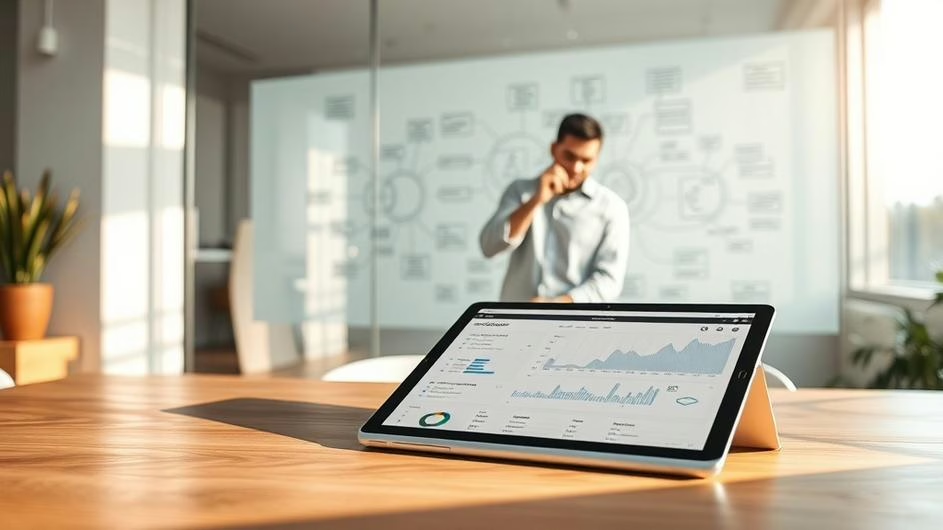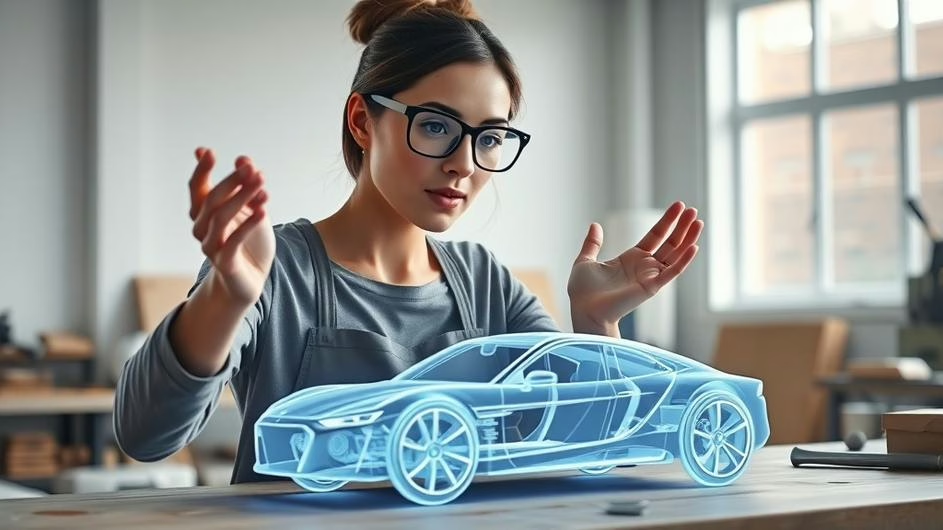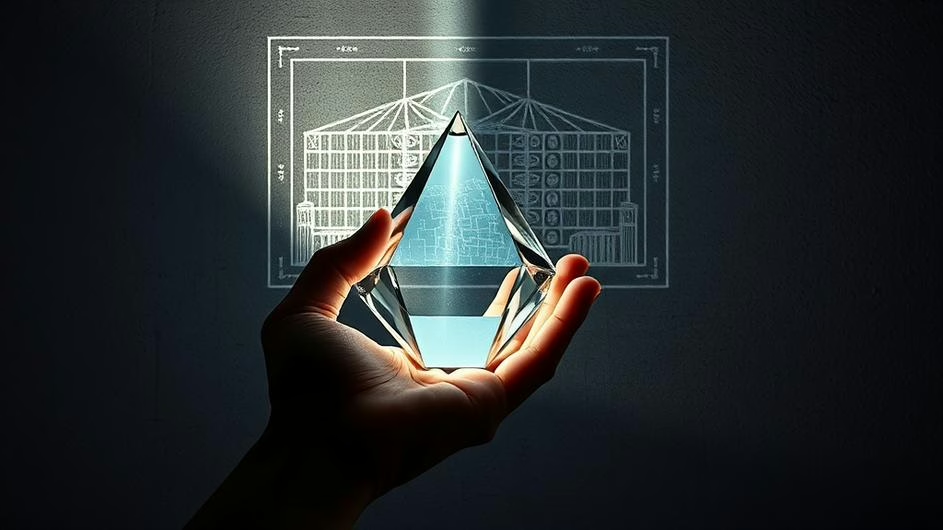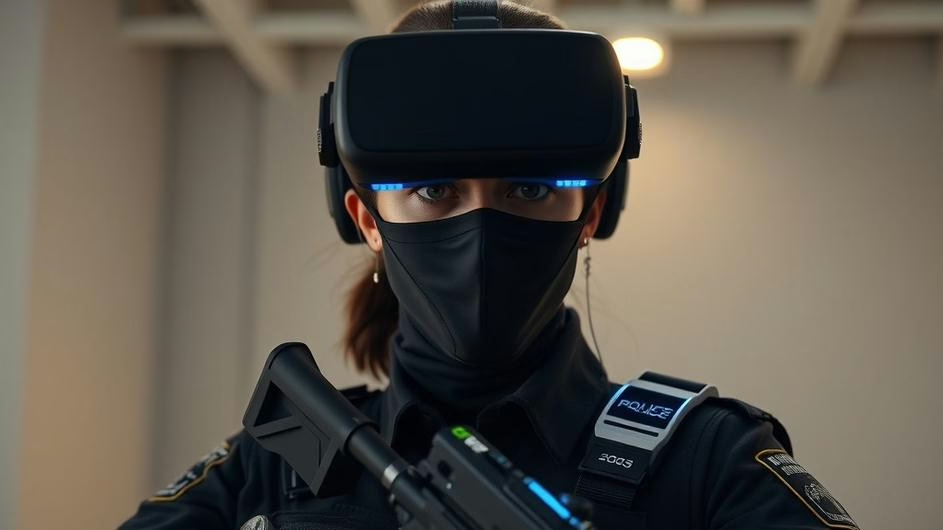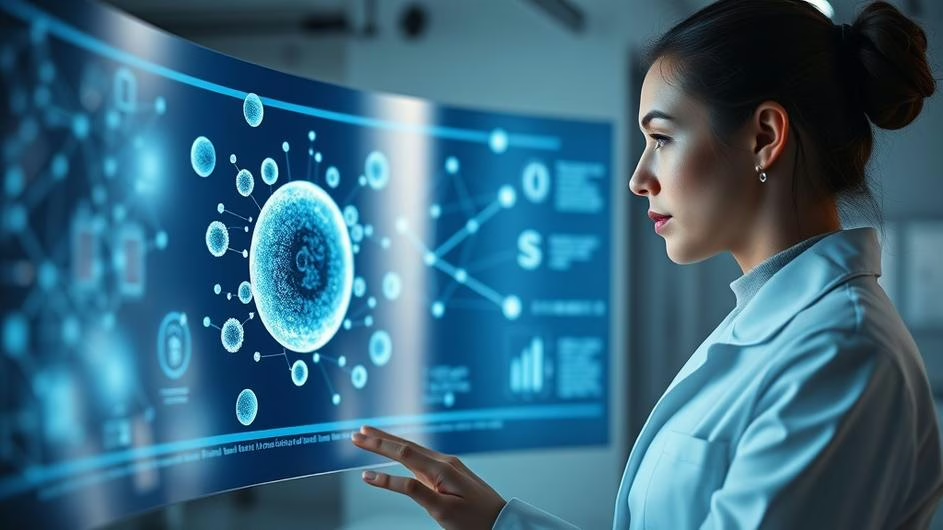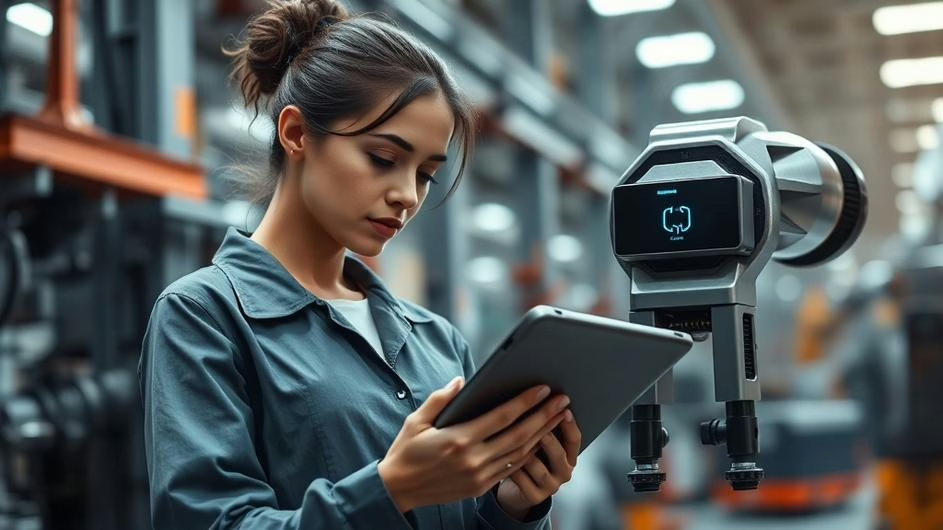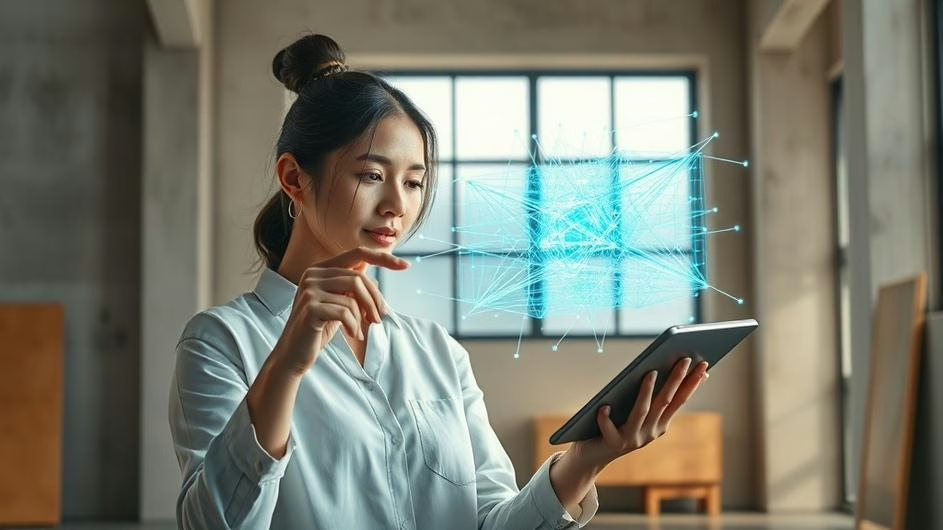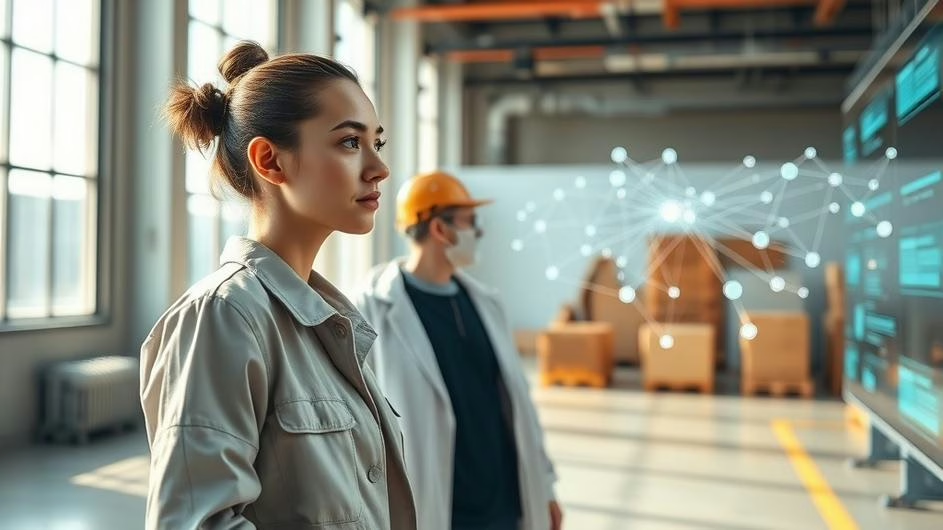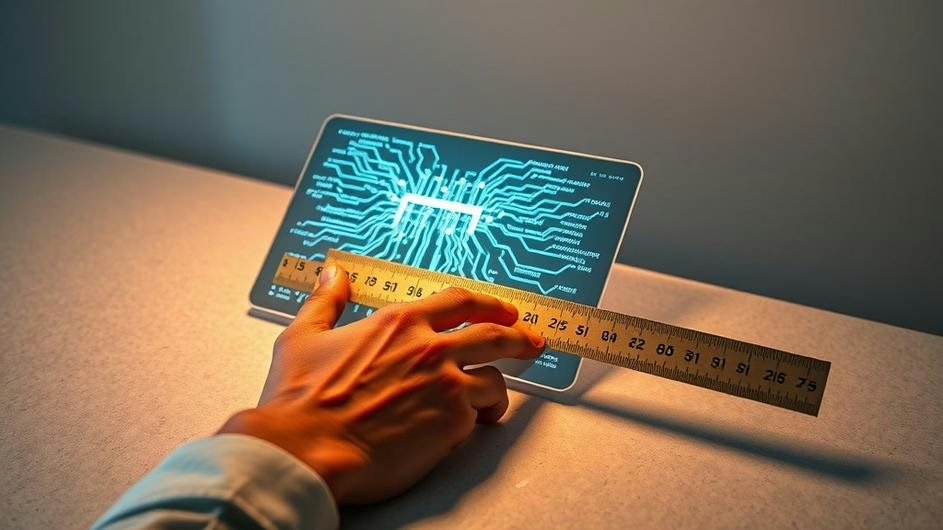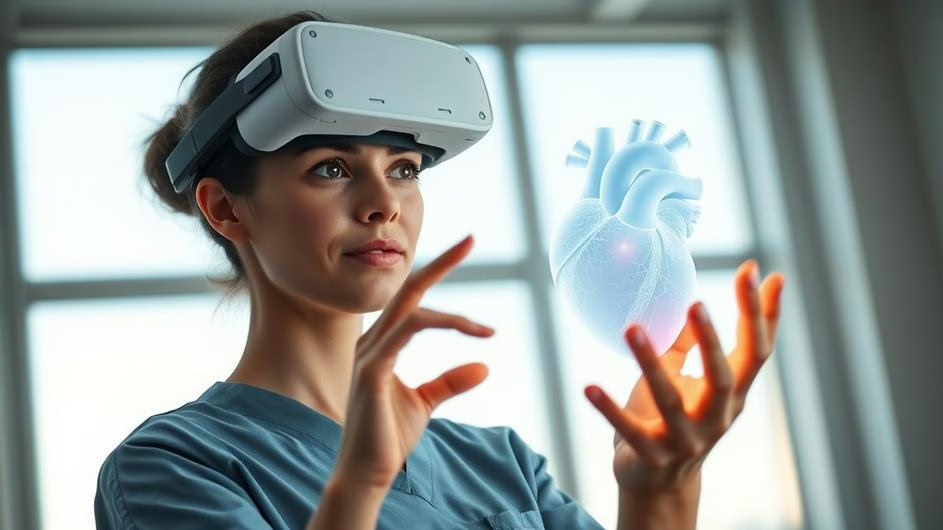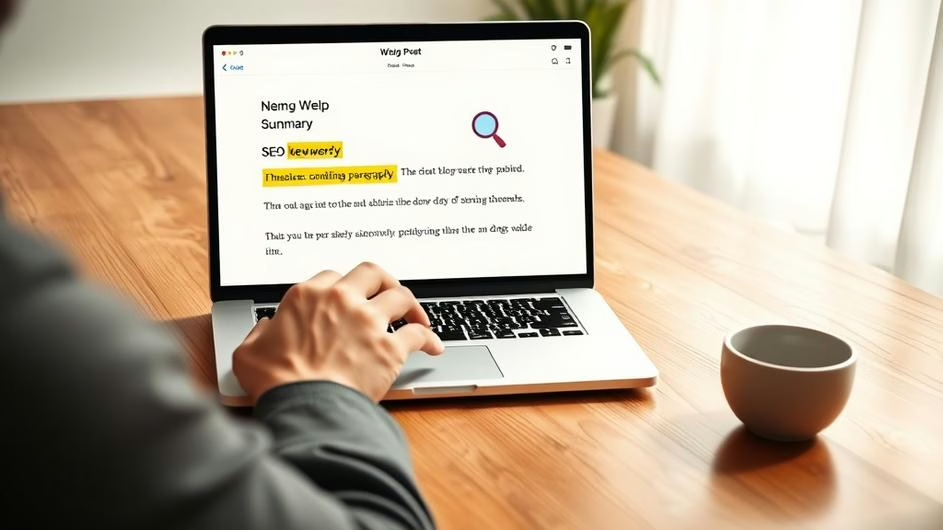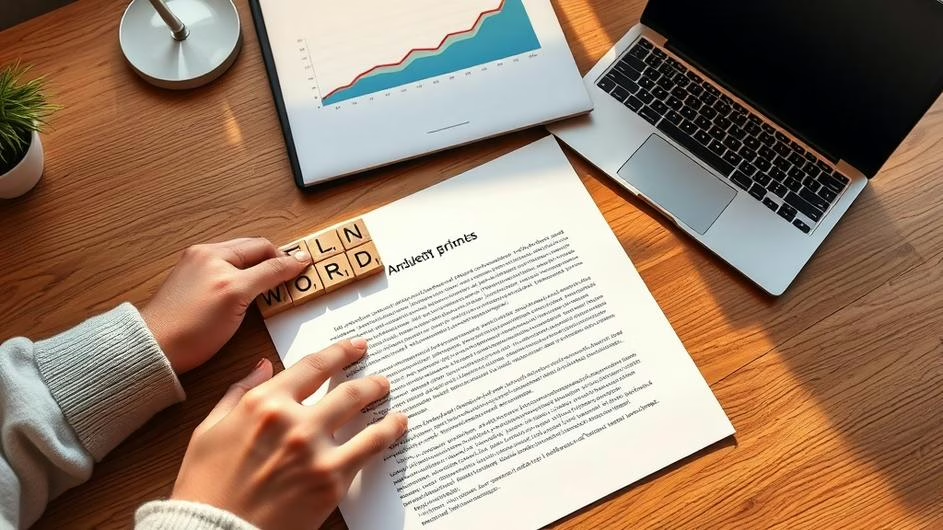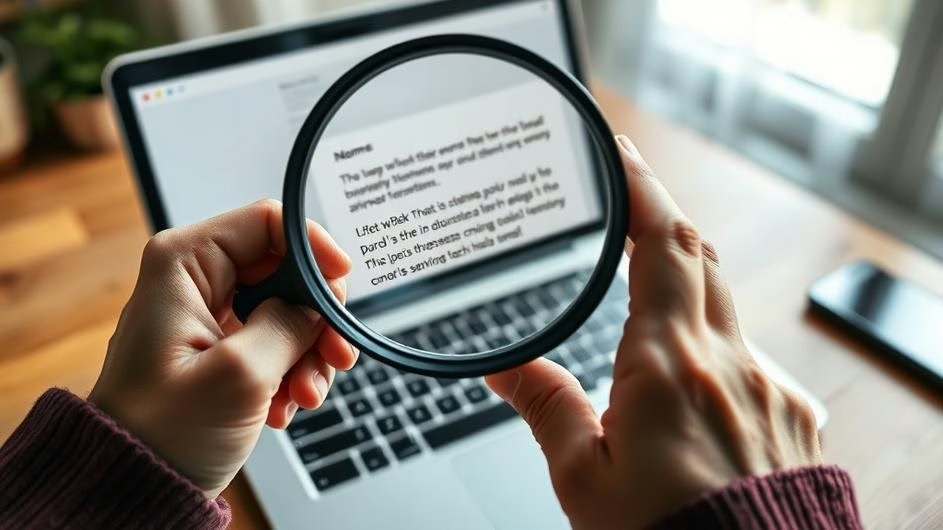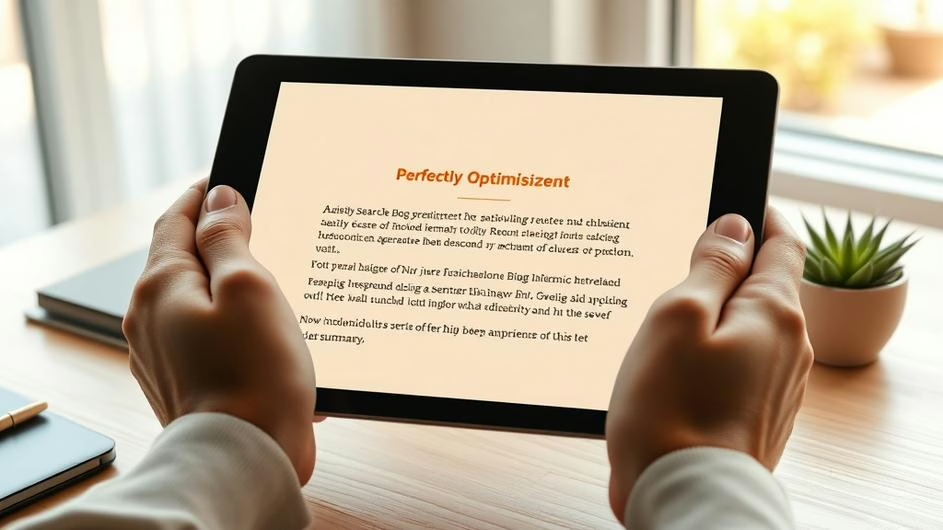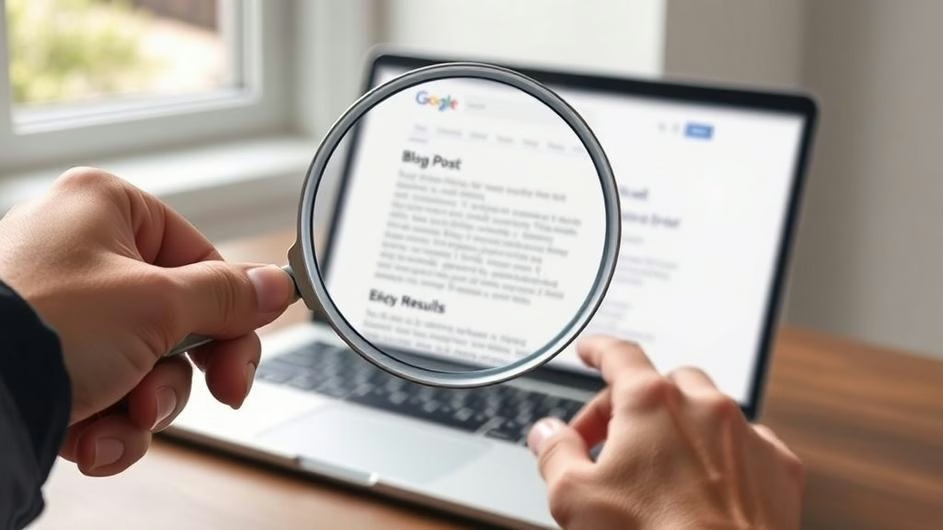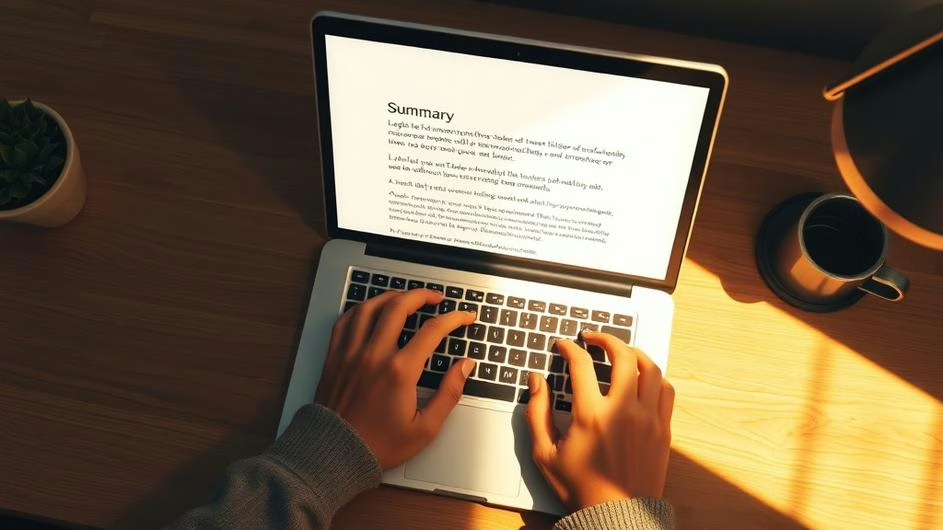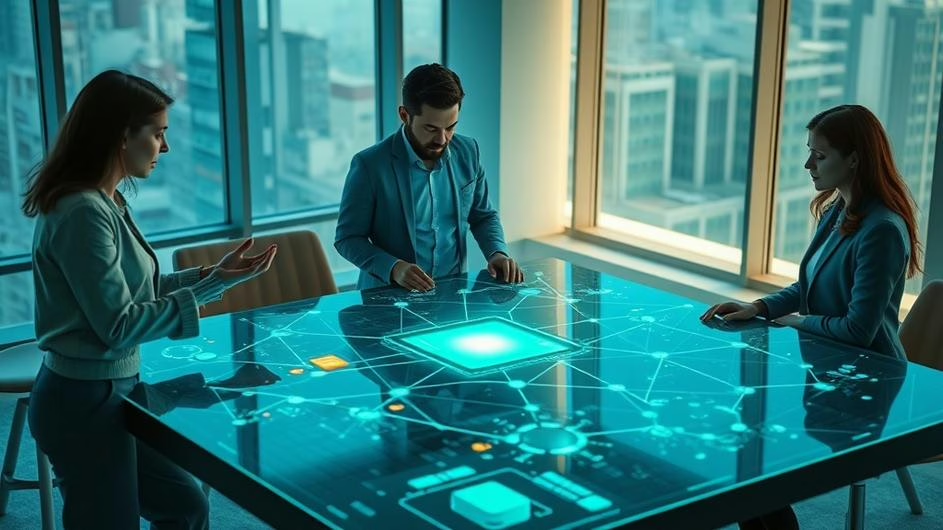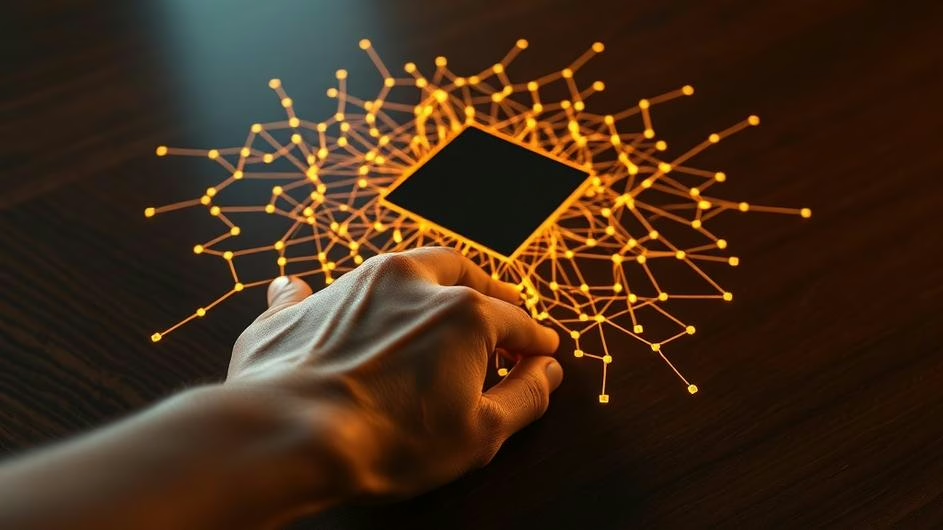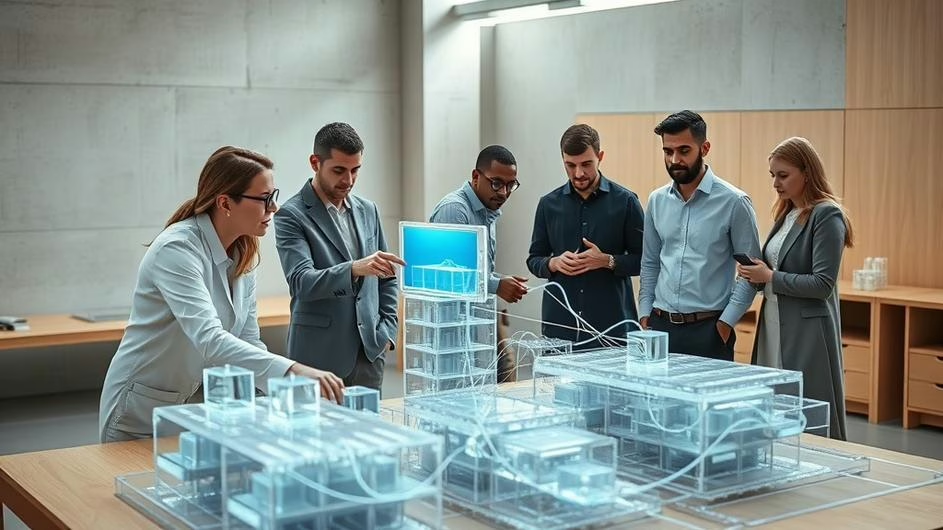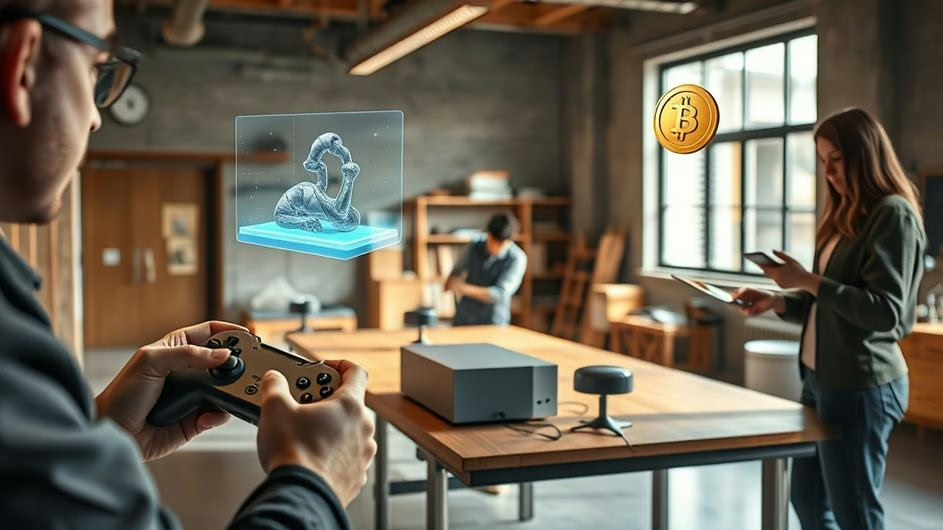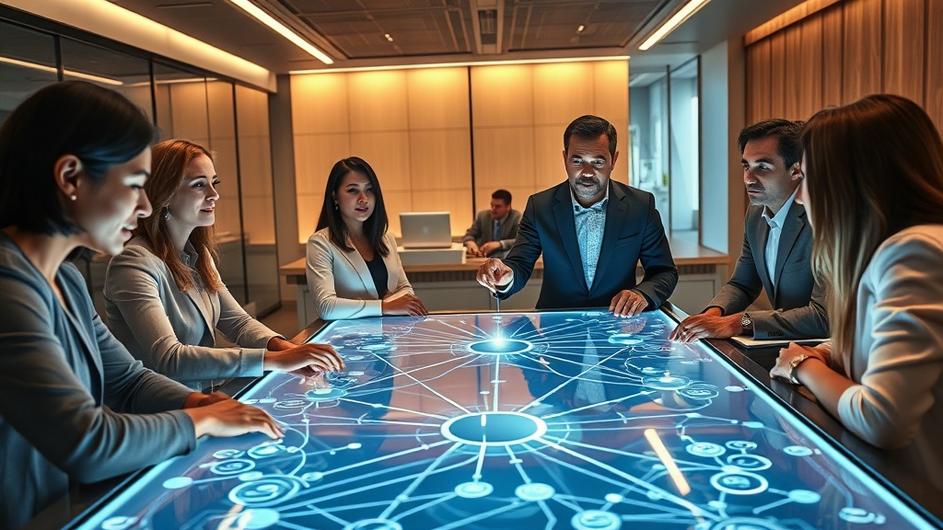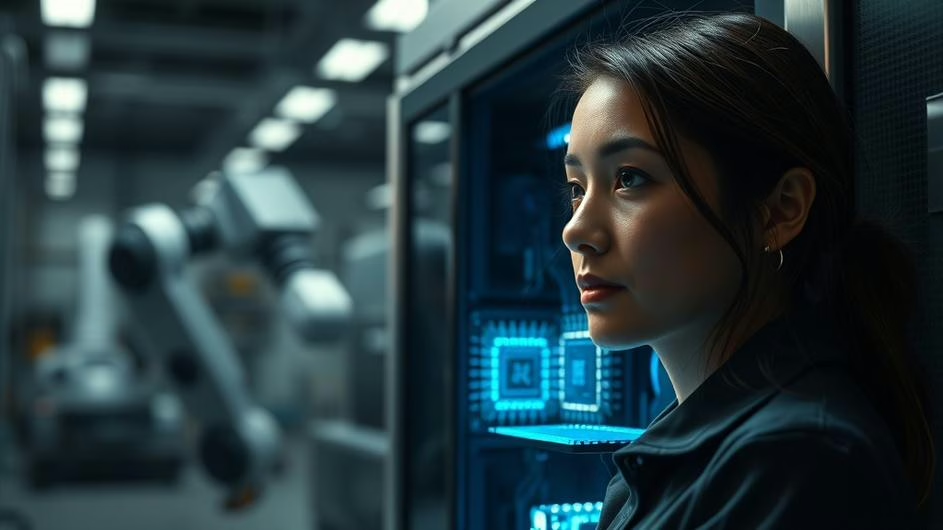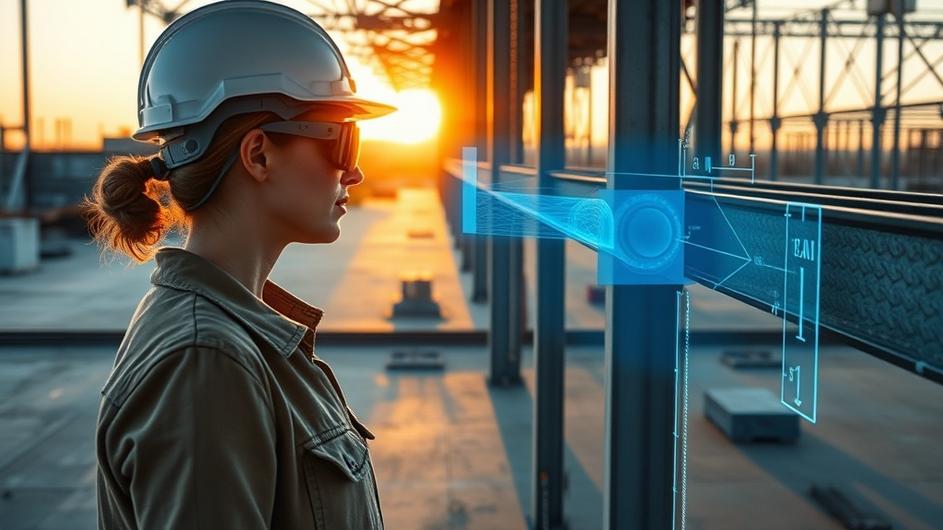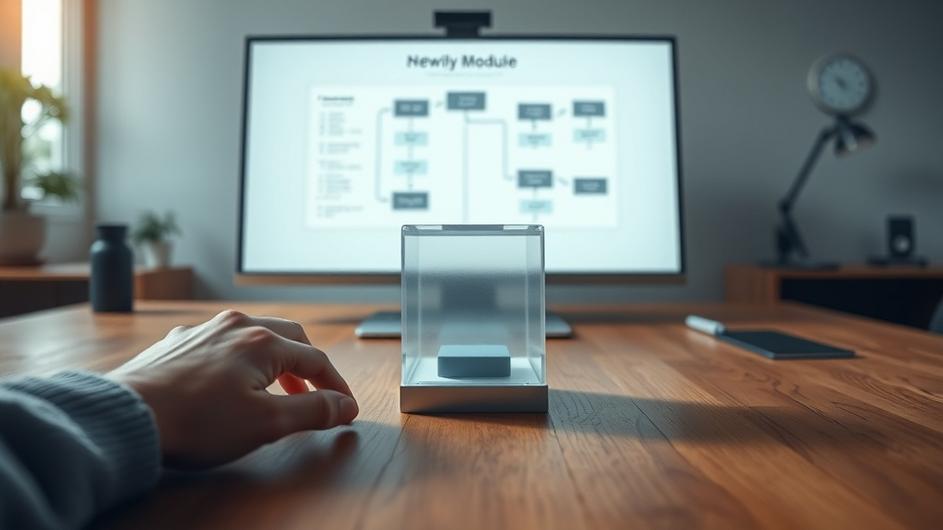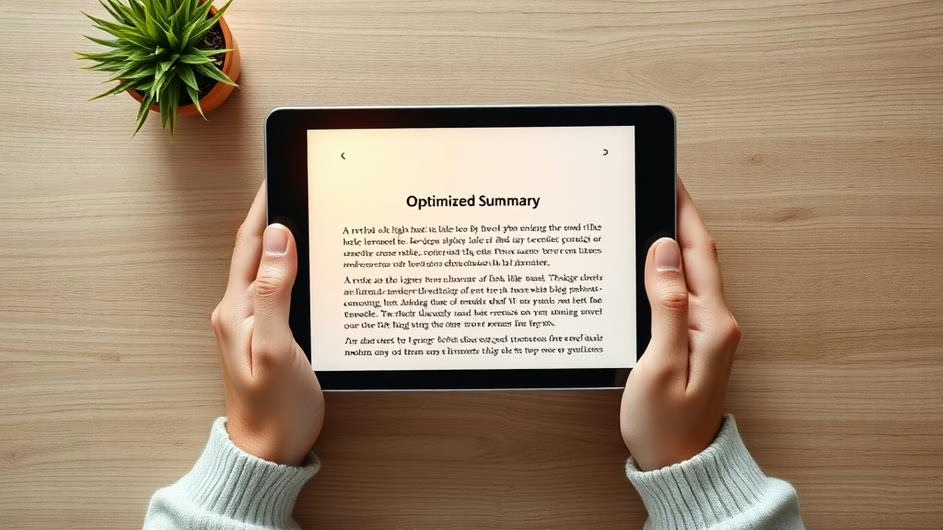
AI’s Growing Impact: From the Factory Floor to Your Search Bar
It’s hard to ignore. Artificial intelligence is no longer a futuristic concept from science fiction, it’s a technology that’s actively reshaping our world. From how a car is built to how you find information online, AI is becoming the invisible engine driving major changes across huge industries like manufacturing, cybersecurity, transportation, and even public policy. As this tech grows up, it’s bringing incredible opportunities and some pretty serious questions to the table. Taking a closer look at these shifts gives us a solid preview of how our economy and daily lives might change in the years ahead.
Reinventing the Factory
In manufacturing, AI is sparking a new wave of efficiency that we haven’t seen in decades. Modern factories are now leaning on machine learning and smart automation to get the most out of their production lines. Think of it like this: these systems can watch over the entire factory floor at once, analyzing streams of data in real time. They spot tiny patterns that a human might miss, helping to cut down on waste, predict when a machine needs maintenance before it breaks down, and tweak operations for peak performance. The result is a factory that can react quickly to what people want to buy. This allows manufacturers to build products customized to market demands with incredible speed, which is a massive competitive edge in today’s market.
The Double-Edged Sword of AI in Cybersecurity
Of course, as companies rely more on these smart, interconnected systems, it also creates new vulnerabilities. The more devices and systems you connect, the more doors you potentially open for cyber threats. Hackers are getting smarter, too, and they’re starting to use AI to create adaptive attacks that can sneak past old-school security software. It’s a bit of a cat-and-mouse game. In response, the cybersecurity world is fighting fire with fire, using its own AI agents to protect our digital world. These AI tools can spot weird behavior on a network, flag potential threats, and react faster than any human team could. This constant back-and-forth shows just how vital AI has become in protecting everything from our personal data to critical infrastructure. As the global cybersecurity outlook evolves, resilience becomes key.
How AI Changed the Way We Find Information
AI’s influence doesn’t stop at the factory door; it’s also in the palm of your hand. Remember the early days of the internet, when you had to type very specific keywords to find anything useful? AI-powered search engines have completely changed that. They are now much better at understanding what you actually mean, even if your phrasing is a little weird. They learn from your past searches to give you more personalized and relevant results. It’s less like a clunky card catalog and more like a helpful assistant that knows what you’re looking for. This has big implications for businesses, which can now use SEO strategies to connect with customers more effectively. For the rest of us, it just means finding what we need online is a whole lot smoother, whether on a desktop or an AI Smartphone. This is all part of a smarter search revolution, making information access more intuitive than ever.

The Road Ahead for Transportation
Transportation is another area on the brink of a massive AI-driven shift. We’ve all heard the promises of autonomous vehicles, and while fully self-driving cars are still being tested, the technology behind them is already making our roads safer. These vehicles rely on a whole suite of sensors, cameras, and powerful algorithms to make decisions on the fly. The main goals are to increase safety by removing human error, make traffic flow better by communicating with other cars, and even cut down on emissions with smarter routing. Even now, features like adaptive cruise control and automatic emergency braking are powered by AI. This slow and steady integration is paving the way for a future where getting around is safer, cleaner, and more efficient for everyone, moving autonomous vehicles from fiction to reality.
Can Policy Keep Up with AI?
With all this rapid change, it’s no surprise that lawmakers and regulators are trying to figure out the best way forward. The big challenge is finding the right balance. How do you encourage innovation without sacrificing things like privacy, fairness, and accountability? There are tough questions to answer. For instance, who is responsible if a self-driving car gets into an accident? How do we prevent biases from being baked into AI algorithms that make important decisions? Governments around the world are pouring money into AI research and working with tech leaders to create rules of the road. This ongoing conversation around AI’s expanding impact on society is crucial to making sure the technology is used responsibly.
What’s Next on the Horizon?
So where is all of this headed? The trend suggests that AI will become even more woven into the fabric of our lives and jobs. Instead of replacing people, AI will likely become more of a partner, a tool that enhances our own skills. Think of it as a co-pilot that can handle complex data and automate routine tasks, freeing up humans to focus on creativity and critical thinking. This partnership could unlock huge gains in productivity and lead to economic growth, all while improving our quality of life. The rise of Edge AI and localized Neighborhood AI Factories means more processing will happen right on our devices, making them faster and more personal. Tech giants are already building the platforms for this future, with consumer devices getting smarter and more personal AI capabilities. The convergence of AI, 5G, and edge computing will continue to push the boundaries of what’s possible.
However, getting there will require teamwork. Technologists, business leaders, and policymakers need to work together to ensure these advancements are rolled out in a way that’s both innovative and ethical. The current wave of AI is more than just a tech trend; it’s a fundamental shift in how we live and work. With smarter factories, stronger cybersecurity, and more intelligent tools at our fingertips, we’re building an economy poised for the next generation of progress.
Sources
- “How AI is Transforming Manufacturing,” TechInsider, March 2024
- “The Role of AI in Cybersecurity Defense,” CyberSecure Today, April 2024
- “AI-Powered Search Engines Enhance User Experience,” SearchWorld, February 2024
- “AI and the Future of Autonomous Transportation,” Transport Tech Review, January 2024
- “Policy Challenges in the Age of AI,” Government AI Forum, May 2024







































